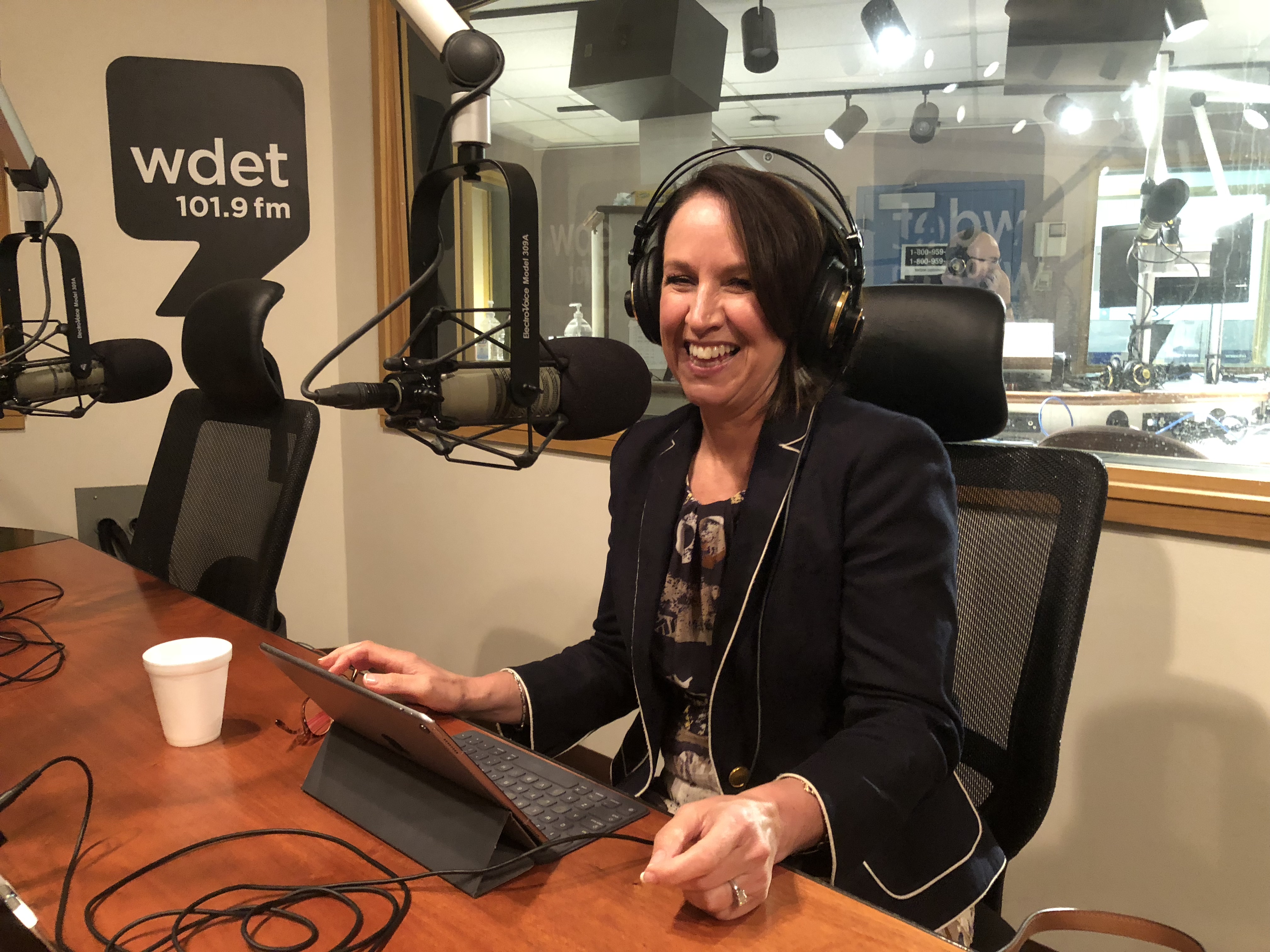Should We Segregate Students Based on Academic Ability?
“You don’t learn to talk across difference if you are with people who are all just like you.”


Parents, students, and teachers are preparing for the new school year in just a couple of weeks.
Two issues that affect almost every student are tracking and ability grouping.
This is the process of sorting kids according to what teachers and administrators believe they’re capable of doing. In schools that embrace tracking, high- and low-achieving kids are separated out, and placed in different classes.
Ability grouping mixes classes with kids of differing abilities although it still maintains different levels of instruction inside the classroom.
A 2018 study by the Educational Endowment Association of the UK looked at 30 years of research and found that tracking and ability grouping can cause low-performing students to fall behind their peers by one or two months per year. But they also help high-achieving students get ahead of their classmates by one or two months per year.
Schools all over the state are struggling with how to provide the best education for everyone, regardless of their abilities. And almost regardless of the choice they make, some controversy will follow.
So, should schools focus more on helping their best students get ahead, or should schools focus on helping their struggling students catch up?
Detroit Today host Stephen Henderson speaks with Elizabeth Birr Moje, dean of the School of Education at the University of Michigan.
On what the research says:
“We have to get past the idea that everyone should follow lock-step a particular curriculum. It’s the issue of assigning people and never letting them out of those assignments,” says Moje.
“The research tells us that heterogenous groups mixed by skill, if those groups are mixed by skill, and if teachers are equipped with the right kind of resources and the right kind of teaching practices, then we can differentiate instruction to meet all students’ needs.”
On why mixed grouping makes sense for the real world:
“We hear from business and industry all the time that they need employees who work in teams. Well, teams in the real world are rarely all exactly at the same skill level, and in fact, really good teams bring in people with all different kinds of skills,” explains Moje.
“If we can think of instruction in that way and helping all kids learn to work across those differences, then actually all kids benefit and we’re actually building those team relationship skills that business and industry so desperately needs.”
“You don’t learn to talk across difference if you are with people who are all just like you.”
Henderson also speaks with Mike Petrilli, the president of the Thomas B. Fordham Institute, research fellow at Stanford University’s Hoover Institution, executive editor of Education Next, and a distinguished senior fellow for Education Commission of the States.
On why we need to stop pushing all students on the college track:
“I just fear that we are not being honest with families or with kids right now about the system that we’ve got,” says Petrilli.
“So instead of marching all of these kids off a cliff where basically we just push them to go into these college prep courses even though most of them are not succeeding, perhaps there are other pathways where they can find greater success.”
On why ability grouping makes sense:
“Call it ability grouping, maybe just call that differentiation. But it is a practical solution to this problem that the Kindergarten, or first or second grade teacher faces everyday which is looking out at a class of 25 kids who are all over the place in terms of achievement level and how to best serve their needs,” says Petrilli.
“This is just common sense. I don’t think we should have an ideological opposition to it as long as everyone is getting good instruction and we’re helping everybody make progress. That’s the key.”
Henderson also speaks with Aaron Johnson, a teacher and administrator, adjunct lecturer at Wayne State University, and author. Johnson has a new book coming out in November called A Walk in Their Kicks: Literacy, Identity, and the Schooling of Young Black Males.
Click on the audio player above to hear the full conversation.
